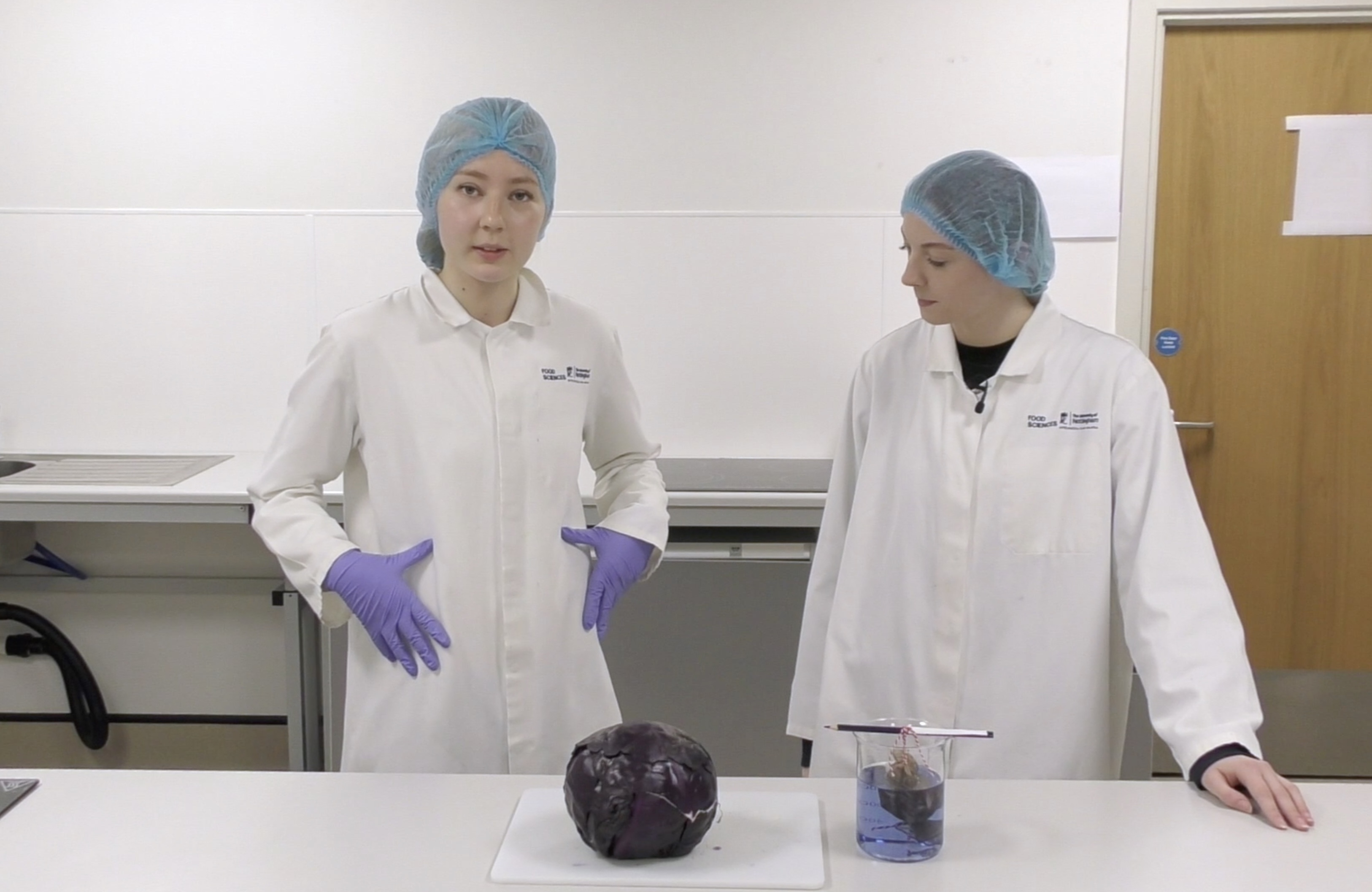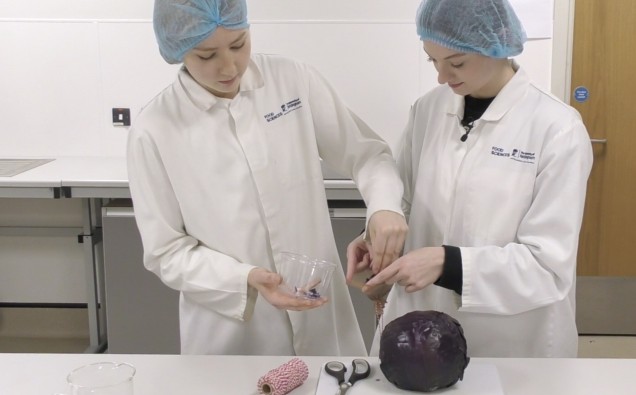A new education toolkit to encourage healthy behaviours in children is being trialled in schools across Nottingham.
The Nutrition Advisory Team has created the ‘Nutri Kit’ with support from the University of Nottingham’s Food Innovation Centre. It is being offered to 30 schools across the region in a pilot project.
Nutri Kit is aimed at children aged 4-13 with the pilot materials created for year 6 chidren. The toolkit contains engaging and interactive teaching materials covering mind, body and health, and invites children to consider how dietary and lifestyle decisions impact local community and planet. It aims to build knowledge and confidence in young people to help inform choices and behaviour and support them in taking greater responsibility for their own health outcomes.
The resources have been created by professionals in teaching, nutrition, sports coaching, physiotherapy, and cognitive behaviour therapy. The Food Innovation Centre at the University of Nottingham has been supporting this project and has created some of the videos in the kit that demonstrate the science behind some of the processes in the body, like digestion.

Catherine Child a third year Food Sciences student made the videos alongside Lydia Stokes. Catherine said: “I have always thought that it is important to educate the younger generation about their food choices, The NAT is a great opportunity for this to happen and I was thrilled to be involved with the creation of educational videos to be sent to local primary schools.”
Teachers are being encouraged to use the pilot materials as part of a health week, or over a number of weeks as one-off activities. Whilst the materials have a focus on health literacy, they also support the teaching of physical and mental health, recognising that human health is a complex mix: biological, social, psychological, behavioural, economic and more. Animation, infographics and science videos support written resources alongside detailed lesson plans. Folllowing the pilot, Nutri Kit modules will be available for purchase.
The teaching and learning toolkit has been developed by Claire King who was a primary school teacher and headteacher and also has a background in psychology. She is keen to develop a greater understanding of the link between nutrition, brain development and behaviour. She said: “I know from my time in teaching that arming children with knowledge is key to helping them understand and change behaviour. I also know teachers need engaging, ready to use resources, which is where Nutri Kit comes in as it contains everything needed to deliver fun and informative lessons that we hope will affect real change, not just for the children but for their families too.”
Working on this project has been really exciting and it’s wonderful to see the kit come together and be available to schools. At the Food Innovation Centre we’re keen to support start-ups like this and we were able to bring our scientific knowledge and expertise to the videos that we hope children will learn from and enjoy!
Haydn Primary School in Nottingham has aready trialled the material. Year 6 teacher Joshua Grimshaw said: “The Nutri Kit resources were exceptionally informative, and the children were so engaged with the lessons. They brought completely new information to the classroom and gave our classes understanding about diet and keeping healthy that they did not know before. Children finished the lessons wanting to know more and looked forward to future lessons.”
All the schools that are taking part are doing so as part of market research for The Nutrition Advisory Team. They will be interviewed by a student from the University of Nottingham to gather feedback.
Claire continues: “Pupil voice is valued and we are looking forward to hearing from the teachers about how the pupils responded to the resources and how they can be further improved before we make them more widely available.”

















